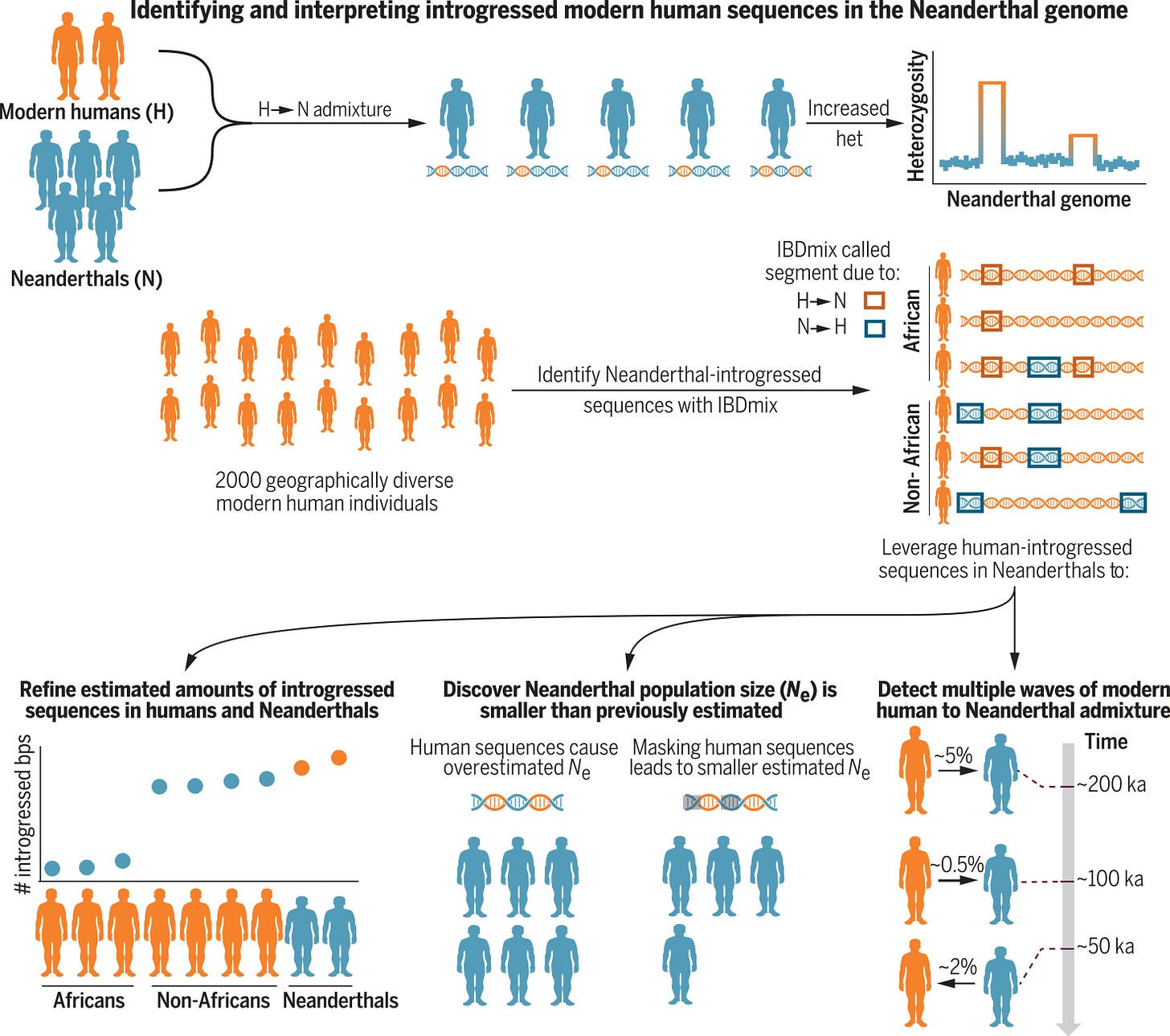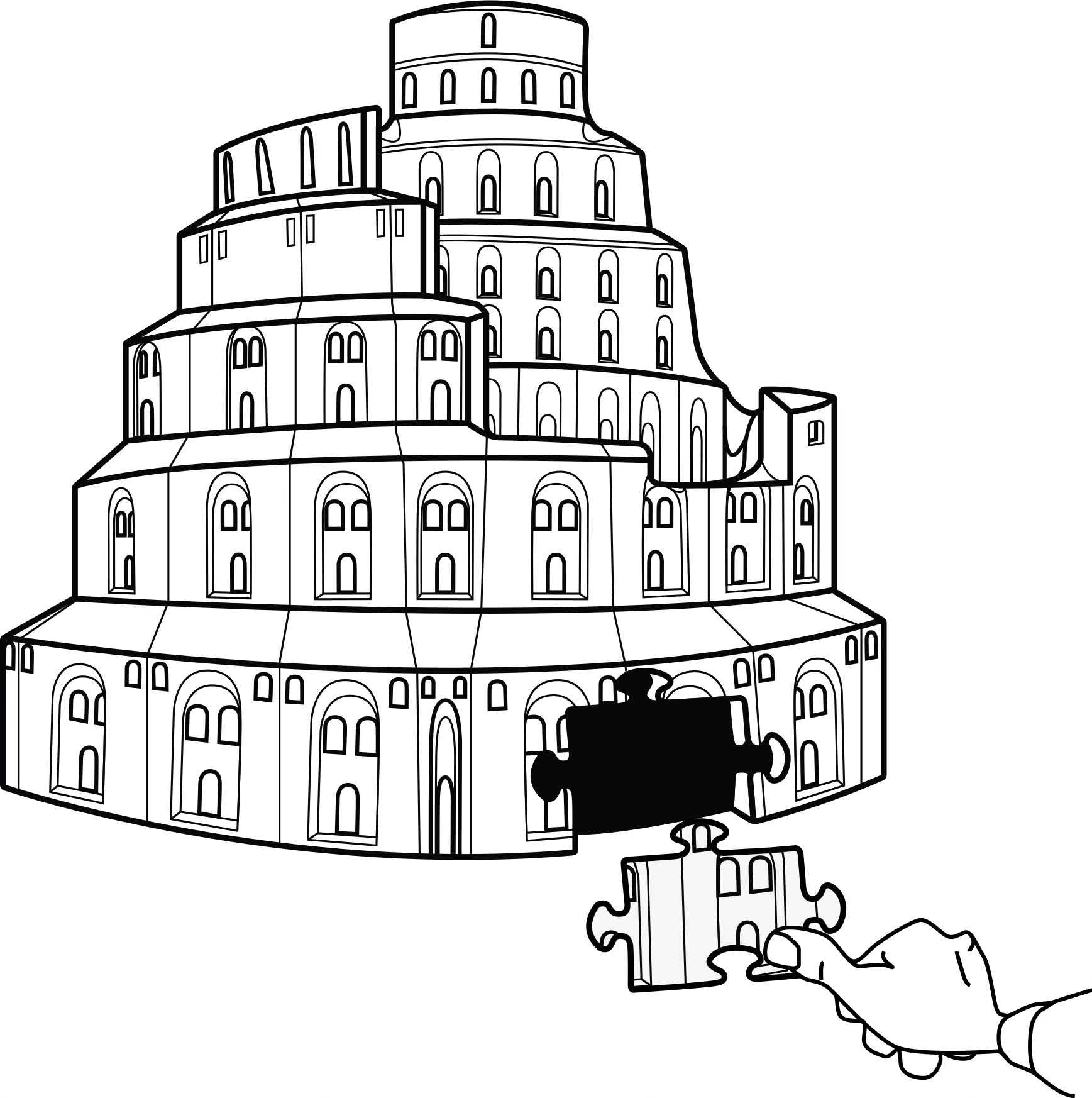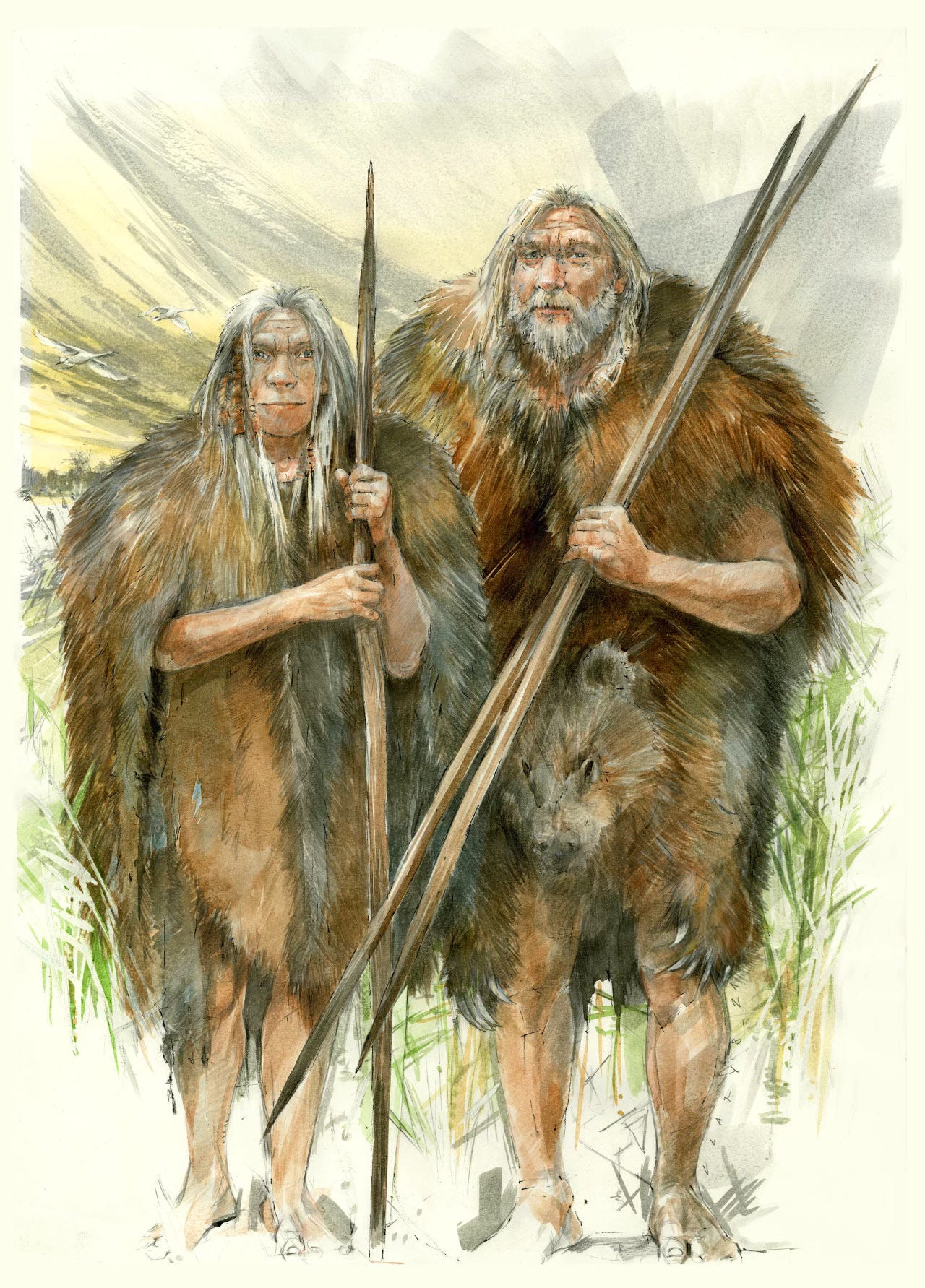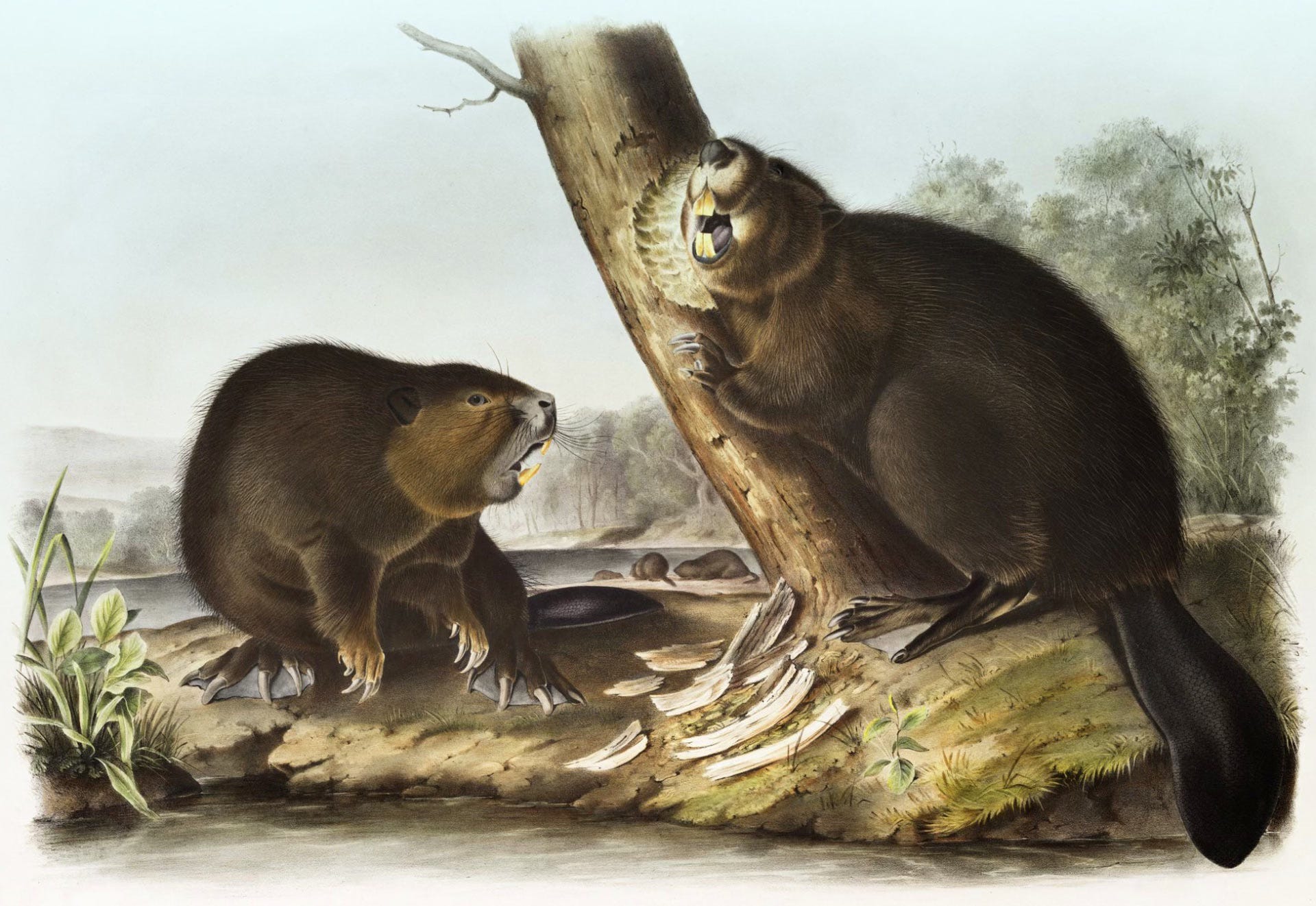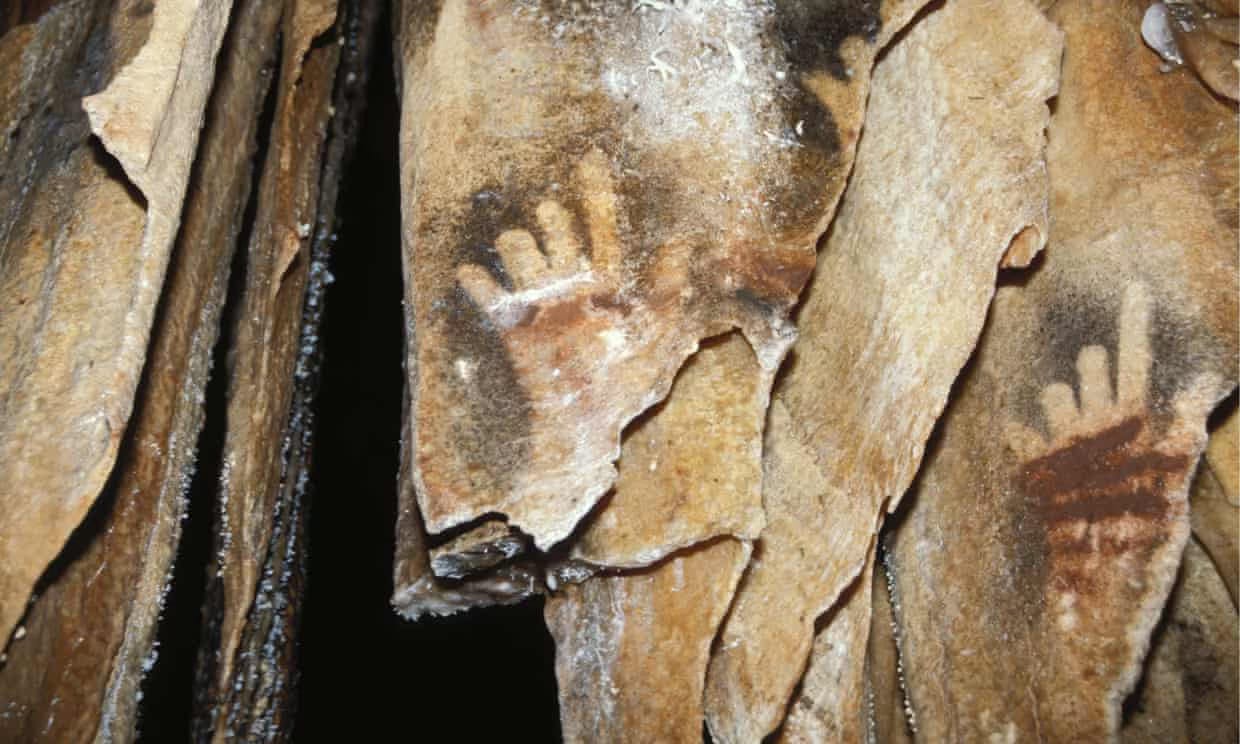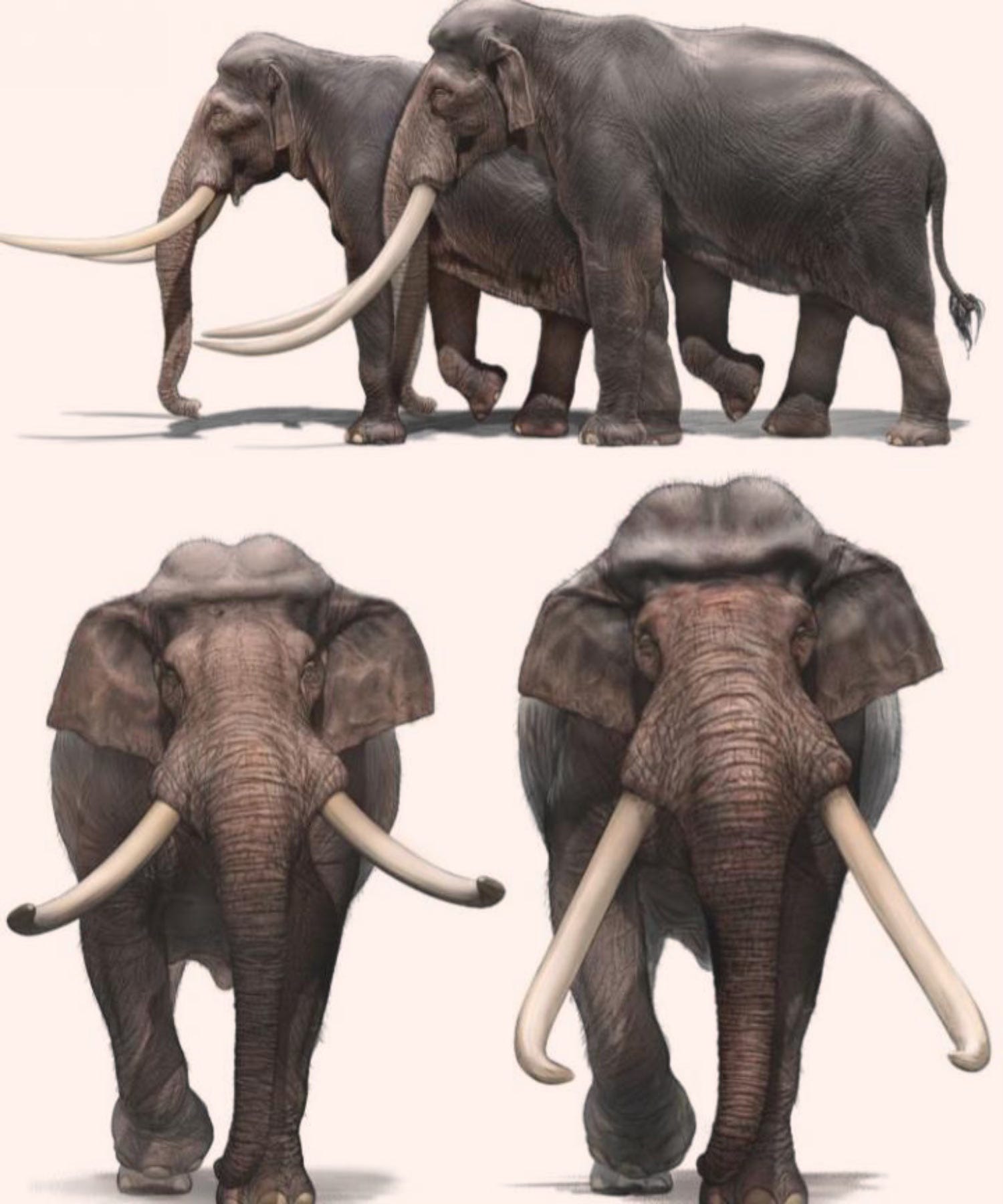Have you ever wondered if your tendency to rise early might be linked to your genetic heritage?..
…Recent research suggests that remnants of Neanderthal DNA in some modern humans could play a role in determining whether individuals naturally lean towards being early risers.
Neanderthals, our closest extinct human relatives, continue to intrigue scientists. According to the Smithsonian’s National Museum of Natural History, these ancient human relatives possessed distinctive physical traits such as larger noses, angled cheekbones, and sturdy physiques. Their cultural sophistication included tool-making, fire management, hunting prowess, clothing use, and shelter construction.
The latest study, published in Genome Biology and Evolution1, explored the enduring impact of Neanderthal DNA on present-day humans. Tony Capra, co-author of the study and an associate professor at the University of California, San Francisco, noted that the interbreeding between Neanderthals and early Eurasian humans left a notable and directional effect. Specifically, Neanderthal DNA associated with chronotype consistently increased the likelihood of individuals being morning people.

The migration of early human ancestors out of Africa approximately 70,000 years ago marked encounters with new environmental conditions in higher latitudes across Eurasia. These migrations led to interbreeding events between Eurasian ancestors and Neanderthals, followed by other extinct human relatives like the Denisovans. This intermixing potentially enabled humans to acquire genetic variations suited to new environmental challenges.
Researchers found that individuals living at higher latitudes, experiencing more pronounced seasonal variations in light and darkness, tended to exhibit increased "morningness." While the reasons for this weren't immediately clear, the study uncovered a link between behavioral morningness and accelerated activity within the circadian gene network, which could confer an advantage in adapting to changing environments.
Understanding the human circadian rhythm, a natural 24-hour cycle guiding sleep and wakefulness, has critical implications for health. Simon Archer, a professor at Britain's University of Surrey, highlighted the intricate link between circadian rhythms and biological adaptability to the Earth’s light-and-dark cycles. Perturbations in circadian rhythms due to factors like stress, shift work, or travel can disrupt sleep patterns, leading to health issues like metabolic changes, immune system alterations, and increased risks of diseases.
In this study, researchers analyzed 246 circadian-related genes and detected genetic variants potentially influencing the circadian clock. Utilizing a large cohort from the UK Biobank, the study uncovered consistent evidence that certain genetic variants of Neanderthal origin consistently increased morningness among individuals.
The study emphasized that while many aspects of Neanderthal DNA were not beneficial and were removed by natural selection, some traces have endured in human populations. Capra highlighted potential benefits such as enhancements in the immune system, metabolic processes, and hair and skin quality attributed to Neanderthal DNA.
The findings underscore the complexity of the human trait of being a morning person. While Neanderthal variants play a role, numerous genes, environmental factors, and cultural influences shape an individual's chronotype. As Capra noted, there are many morning people who lack these specific Neanderthal variants, indicating the multifaceted nature of this trait.
Understanding the intricate interplay between ancient genes and modern human behavior sheds light on our evolutionary journey and highlights the diversity of our genetic heritage.
Velazquez-Arcelay, K., Colbran, L. L., McArthur, E., Brand, C. M., Rinker, D. C., Siemann, J. K., McMahon, D. G., & Capra, J. A. (2023). Archaic introgression shaped human circadian traits. Genome Biology and Evolution, 15(12). https://doi.org/10.1093/gbe/evad203






